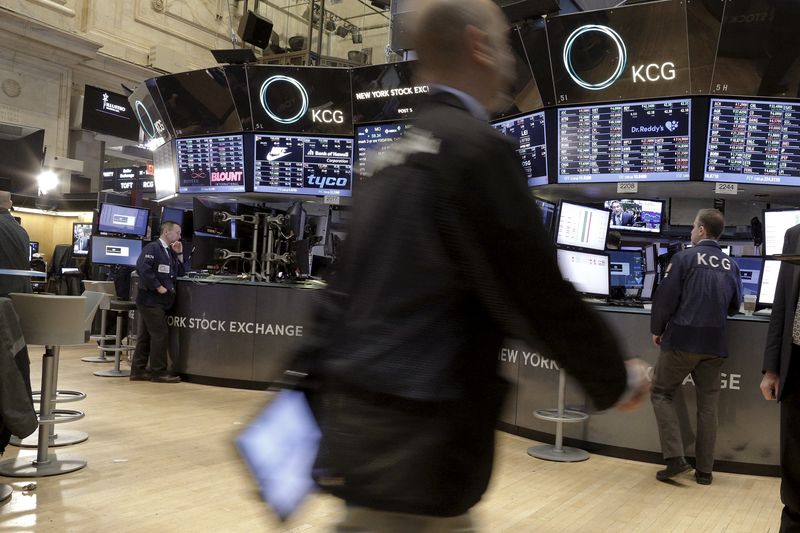US Energy Secretary Jennifer Granholm has voiced concern about the world's reliance on a "dominant supplier" of critical minerals, amplifying the urgency of diversifying sources amid the global transition to clean energy. The remarks were made during the International Energy Agency's inaugural meeting on critical minerals.
Granholm highlighted that energy security is evolving into a more complicated landscape due to countries' increasing requirements for critical materials like nickel, cobalt, and lithium. Used extensively in electric vehicles, wind turbines, and other green technologies, these materials are essential for reducing global emissions.
"Energy security will become more complex over the coming decades as countries require more of the nickel, cobalt, lithium and other materials needed to cut down on global emissions," Granholm said during the closed-door meeting in Paris.
Key mineral control
Although the speakers did not explicitly mention China, it is widely known that the country controls a significant portion of the global supply of key minerals. China accounts for more than half the world's production of battery metals including lithium, cobalt, and manganese, and up to 100% of rare earths.
The conference saw the participation of energy and mining ministers from approximately 50 countries, CEOs of major mining companies, and experts in the field of critical minerals. Attendees stressed the event's symbolic importance and echoed concerns over China’s dominant role in the sector.
International Energy Agency executive director Fatih Birol underscored the challenges posed by a single country's control over these essential materials. "When there was major concentration of one single country, one single company, one single route, there's always a challenge," he noted.
The United States has been proactive in addressing this dependency. Recent legislation aims to funnel billions of dollars into US domestic production of essential materials, and the defence department has initiated contracts to secure minerals vital for semiconductors and military radar systems.
The gathering reveals a heightened focus on the geopolitics of energy security, particularly as the global transition to sustainable technologies accelerates.
